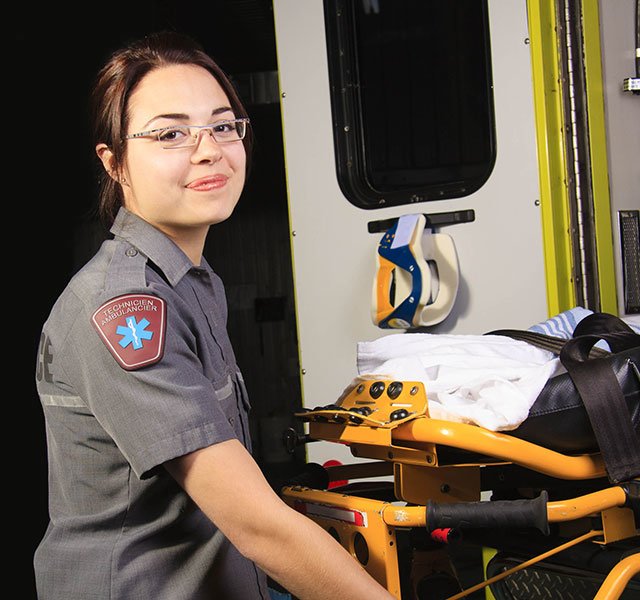If the sun goes down and rather than climb into bed, you head out the door to punch in at work, you’re not alone. According to data from the U.S. Bureau of Labor Statistics, almost 15 million Americans work full time on evening shift, night shift, rotating shifts, or other employer arranged irregular schedules. Many of these jobs are in the health care sector but they also include an array of jobs from factory employees to journalists, computer programmers to food service workers, and more.
According to Philip Cheng, Ph.D., research scientist and clinical psychologist at the Henry Ford Sleep Center, medical and shift workers are two of the populations most at risk for sleepiness – and the negative effects that can have on overall health. Research shows that shift workers average only five hours of sleep per day – less than what the body ideally needs.
“There are two processes involved with sleep: Sleep drive, which is based on how much sleep you get both chronically and recently, and your internal biological clock. Shift work interferes with both, and when a job is high stress and demanding, like health care, it is even more important to recharge with sleep,” he says.
Sleep Drive vs. Circadian Rhythm
Sleep drive is much like hunger – the longer you’ve gone without sleep, the higher the need for it becomes. Once you sleep, it decreases – similar to how your appetite decreases after a good meal. In contrast, your internal biological clock (also referred to as “circadian rhythms”) operates independently of how much or how little you sleep. Most people feel tired at night and alert during the day. Employees who work alternative shifts may be asked to perform at times when the body is naturally drifting toward sleep.
As a result, even if your sleep drive is satisfied, your natural circadian rhythm will cause you to feel sleepy. It’s also likely that when the night shift is over in the morning, the body’s circadian rhythm is starting to promote alertness, making it difficult to fall and/or stay asleep during the day.
“Shift workers tend to get fragmented sleep, which also contributes to sleep deprivation,” says Dr. Cheng. “If you do get sleep but it’s not continuous, you may already feel tired by the time your next shift begins.”
Tips for Better Sleep
Besides getting at least seven hours of sleep every 24 hours, Dr. Cheng has some clever suggestions for boosting sleep quality and adjusting your body’s circadian rhythm:
- Take a nap right before your shift. For example, if your shift starts at 7 p.m., take a nap from 5 – 6 p.m. You’ll feel more rested and alert throughout the night.
- Use light exposure to align your body’s natural rhythm with your work schedule. Get plenty of light exposure during the night, and ease off toward the end of your shift. Your body will think day is night and night is day, and you’ll be able to sleep better. To enhance this effect:
- Get light-blocking glasses to wear on your drive home from work.
- Keep the lights dim at home, especially as you’re preparing for sleep.
- Block light in the room where you sleep with blackout curtains, or even cover windows with black trash bags.
- Block sound in your bedroom with a fan or white noise machine.
- Don’t use electronics – TV, cell phone, or computer – right before sleep.
If you are working a night or evening shift and feel like you consistently struggle with chronic fatigue or extreme sleepiness, drowsy driving, depression or other health problems, it’s a good idea to talk to your primary care doctor and/or seek help from a sleep specialist who can tailor solutions to your unique work situation and overall health.
For more information or to make an appointment with the Henry Ford Sleep Center, call (248) 344-7361 or visiting henryford.com/sleep to learn more.



